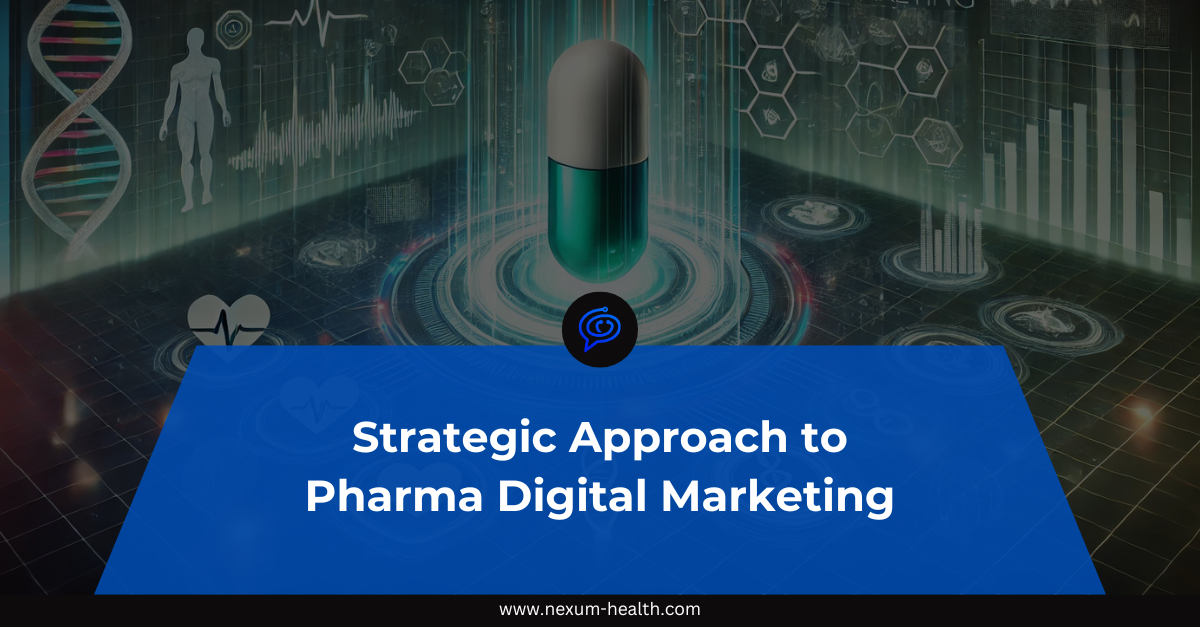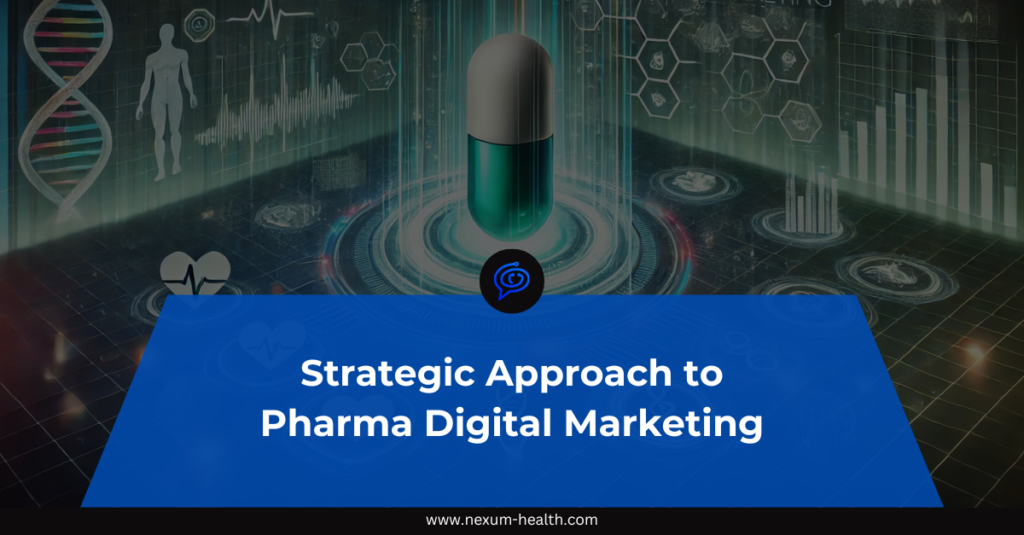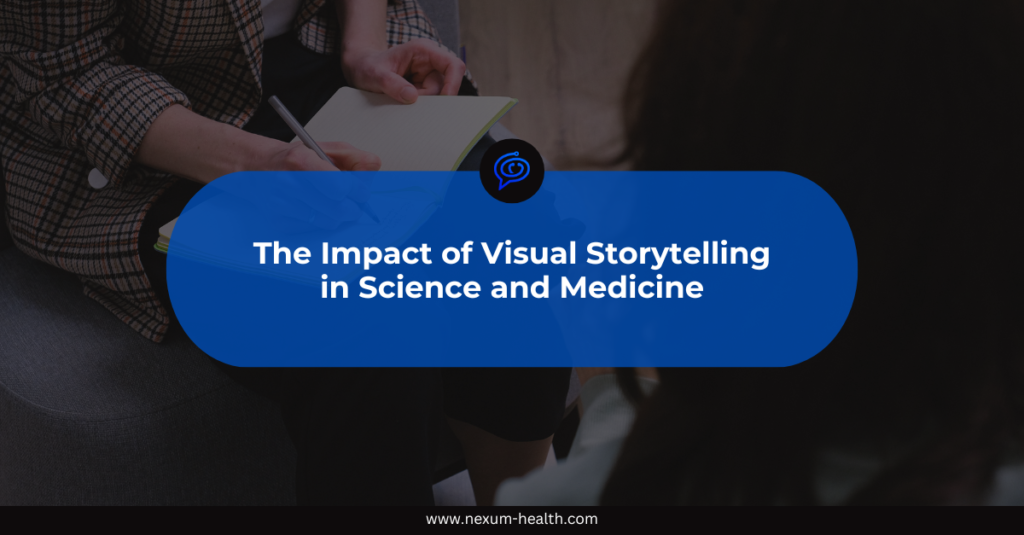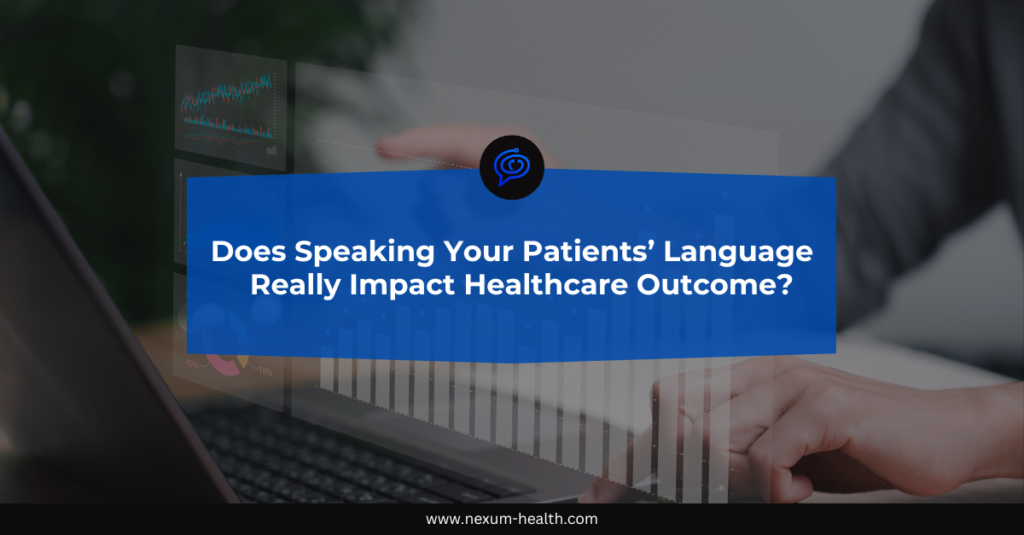Pharmaceutical digital marketing is a unique and highly specialised field, requiring a combination of accuracy, value-driven communication, and adherence to stringent regulations. Unlike general consumer marketing, its goals extend beyond mere promotion. It seeks to educate healthcare professionals and the public, foster trust, and ultimately contribute to better health outcomes. Creating an effective strategy in this domain demands precision, creativity, and a commitment to compliance.
Creating Impactful and Informative Content
Content lies at the heart of pharmaceutical digital marketing. Producing branded content that delivers tangible value to its audience is not just a goal but a necessity. Effective content must transcend the boundaries of advertising, providing accurate, science-backed information that adheres to both the brand’s guidelines and stringent regulatory standards.
For healthcare professionals, this might involve detailed white papers, peer-reviewed clinical trial results, or expert commentaries that support their work and deepen their understanding of medical advancements. These resources should not only convey complex information but also present it in a format that is easy to digest and practical to apply.
For patients and the general public, content must shift its focus to accessibility and relatability. This could include explainer videos that demystify medical procedures, FAQs addressing common health concerns, or stories of recovery that inspire confidence and hope. Creating content personalised to the distinct needs of these audiences ensures relevance, building a bridge of trust that fosters engagement and understanding.
Effective content creation also requires regular updates to ensure that information remains current and aligned with the latest research and guidelines. By maintaining this level of diligence, pharmaceutical companies can establish themselves as credible sources of knowledge, driving both education and loyalty.
Online Presence Through Search Optimisation
In an era where both professionals and patients rely heavily on online searches for information, search engine optimisation (SEO) plays a pivotal role in pharmaceutical digital marketing. A well-optimised online presence not only increases visibility but also ensures that accurate and reliable information reaches the intended audience.
Creating an optimised website is foundational. This involves a user-friendly structure, carefully chosen meta tags, and content designed to perform well in search engine rankings. For instance, when a healthcare professional searches for clinical trial data or a patient seeks information about treatment options, the company’s website should appear prominently, offering clear, credible, and directly relevant content.
In addition to technical optimisation, producing content enriched with relevant keywords, long-form blog posts, and structured data ensures that search engines understand and prioritise the material. By prioritising SEO, pharmaceutical companies can amplify their reach, building a trustworthy digital presence that stands out in a competitive field.
Social Media for Connection and Education
Social media has emerged as a transformative tool in pharmaceutical marketing, allowing companies to communicate directly with diverse audiences. Platforms like Twitter, LinkedIn, and Instagram can be leveraged to share educational resources, promote public health campaigns, and engage in meaningful dialogue.
Collaborations with credible influencers, such as medical professionals, health advocates, or patient ambassadors, can significantly enhance the impact of social media efforts. These influencers bring authenticity to brand messaging, translating complex medical concepts into language that resonates with everyday audiences. For example, a doctor sharing tips for managing chronic conditions or a patient detailing their recovery journey can add a human touch that traditional advertising often lacks.
However, these partnerships must be meticulously managed to comply with regulations. Transparency, including clear disclosures of sponsorships as mandated by the Federal Trade Commission (FTC), is essential. Such measures ensure ethical practices while maintaining audience trust.
Audiences Through Virtual Events
Virtual events and webinars have become indispensable tools for engaging audiences in the pharmaceutical sector. These platforms provide opportunities to share educational content, discuss ground-breaking research findings, and showcase product innovations through live demonstrations.
For healthcare professionals, webinars can serve as forums for detailed discussions on complex medical topics, featuring expert panels and interactive Q&A sessions. These events not only enrich participants’ knowledge but also position the hosting company as a thought leader in the field.
For patients, virtual events can focus on health education and awareness. Sessions that address topics like disease management, mental health, or fitness can foster a sense of community and provide practical insights. The interactive nature of these events encourages engagement, allowing participants to ask questions and receive personalised advice directly from experts.
Additionally, virtual events enable pharmaceutical companies to gather valuable first-party data. Insights gleaned from attendee interactions and feedback can inform future campaigns, refining strategies to better meet audience needs.
Maintaining Direct Communication Through Email Campaigns
Email marketing remains one of the most effective methods for maintaining direct communication with both healthcare professionals and patients. By designing personalised, opt-in campaigns, pharmaceutical companies can nurture meaningful relationships with their audience.
For professionals, emails might include updates on the latest clinical trials, invitations to exclusive webinars, or access to new medical guidelines. For patients, newsletters, blog updates, and stories of recovery can keep recipients informed and engaged.
Personalisation is the key to success in email marketing. Segmenting audiences based on their interests and adapting content accordingly ensures greater relevance and resonance. For instance, a cardiologist might receive in-depth reports on heart disease research, while a patient recovering from surgery might appreciate tips for post-operative care.
Artificial Intelligence in Marketing
The integration of artificial intelligence (AI) has revolutionised pharmaceutical marketing, enhancing how companies interact with their audience. AI-powered chatbots, for example, can provide instant, accurate responses to common questions, offering round-the-clock customer support.
Predictive analytics is another powerful AI application. By analysing vast amounts of data, it identifies trends and refines campaigns, improving targeting and engagement. For instance, AI can predict the type of content a healthcare professional might find most useful or the resources a patient is likely to seek based on their browsing history.
While these technologies offer significant advantages, their implementation must be accompanied by stringent safeguards to protect user privacy. Transparent data practices and adherence to ethical standards are critical to maintaining trust and credibility.
Customising Outreach Through Audience Segmentation
Effective digital marketing hinges on understanding and addressing the unique needs of distinct audience segments. Through audience segmentation, pharmaceutical companies can create highly targeted campaigns that deliver maximum impact.
For example, a specialist in oncology may value access to the latest clinical trial data, while a patient undergoing cancer treatment might benefit from resources on managing side effects or inspirational success stories. By analysing user behaviour, demographics, and preferences, companies can design messaging that resonates deeply with each audience group.
Segmentation also facilitates dynamic content personalisation, where marketing materials are automatically personalised to align with individual interests. This approach enhances relevance, boosting engagement and trust.
Upholding Compliance in a Regulated Industry
Compliance forms the cornerstone of all pharmaceutical marketing initiatives. The industry operates under stringent regulatory frameworks designed to protect public safety and promote transparency.
Marketers must avoid making unsubstantiated claims, exaggerating benefits, or disseminating misleading information. Regular audits of digital content and practices ensure that campaigns remain compliant with evolving regulations. This diligence not only satisfies legal requirements but also safeguards the trust of healthcare professionals, patients, and regulatory bodies.
Overcoming the Challenges of Pharma Marketing
Pharmaceutical digital marketing is distinct from other industries due to its complexity and specialised audience. Unlike consumer-focused campaigns, its primary aim is to support better health outcomes. This requires a careful balance between education and promotion, with messaging that is accurate, transparent, and personalised to audience needs.
Challenges such as steering regulatory constraints, addressing misinformation, and engaging diverse stakeholders require innovative and thoughtful solutions. By focusing on education and maintaining a commitment to ethical practices, pharmaceutical companies can overcome these hurdles effectively.
Building a Comprehensive Digital Plan
A robust digital marketing plan for pharmaceuticals must integrate several critical components. First, a thorough understanding of the audience, healthcare professionals and patients, is essential to adapt strategies effectively. Next, clear goals and unique selling propositions must guide the campaign’s direction. Finally, execution through various channels, content marketing, SEO, influencer partnerships, virtual events, email campaigns, AI tools, and personalised outreach, should be cohesive and seamless.
Ultimately, pharmaceutical marketing transcends the sale of products. It involves educating the public about health conditions, equipping healthcare professionals with essential information, and supporting improved health outcomes. By innovating responsibly, adhering to compliance, and prioritising meaningful communication, pharmaceutical companies can achieve these objectives, fostering trust and making a lasting difference in people’s lives.

